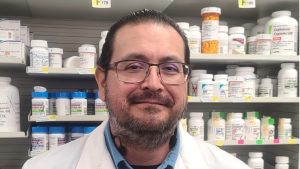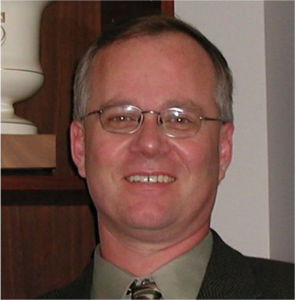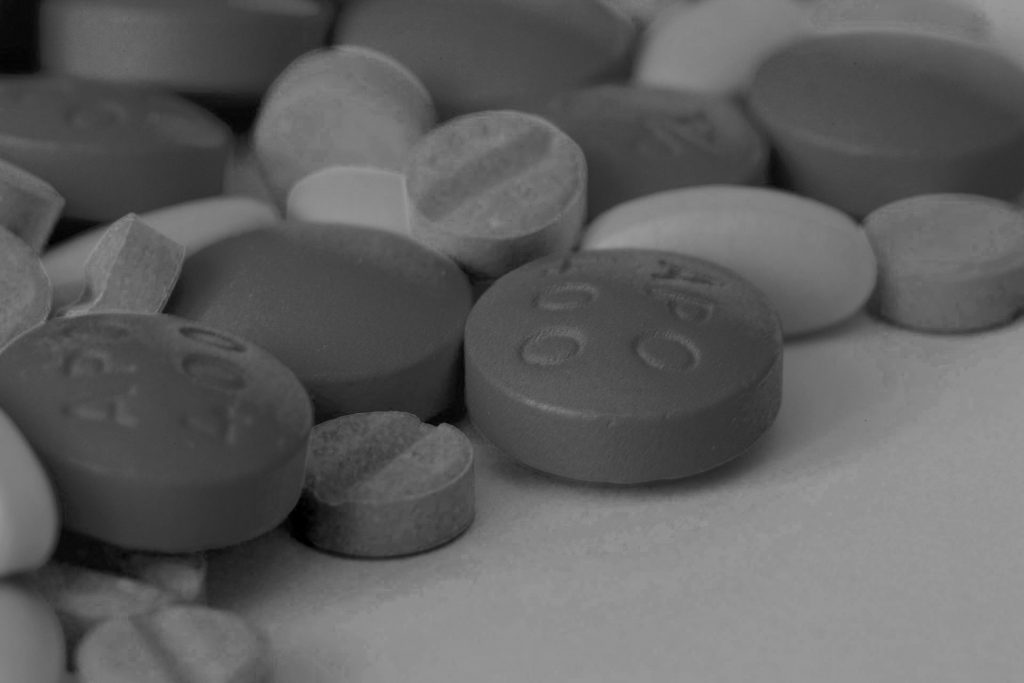We are passionately
Committed to Recovery
Our primary objective is treatment and recovery. Treatment and recovery decisions and actions by the recovering pharmacist or student pharmacist are not reported to the Oklahoma State Board of Pharmacy (OSBP) or Academic Dean through cooperatively working with OPHP. In the event of a prolonged relapse, our contract with the pharmacist or student pharmacist is terminated and we are mandated to notify the OSBP or Academic Dean.
Board of Directors

Sam Leu, D.Ph., President OPHP
I grew up in Alva, Oklahoma, and lived there until I completed 3 years of college at NWOSU with a science/chemistry background and decided to

Dallas Nimsey, Pharm. D., Vice President OPHP
Dallas Nimsey, Pharm.D., has 13 years of sobriety. He currently lives in Anadarko, OK with his wife and children. Dallas is a graduate of Southwest

Kevin Rich, D.Ph., Executive Director OPHP
I grew up in the small town of Cherokee, OK in northwest Oklahoma. In 1980 I graduated from Cherokee High School there in Cherokee, OK.
Members
- Christy Cox, Pharm.D.
- Terry Cothran, D.Ph.
- Keevie Ridener, Pharm.D.
- Dallas Nimsey, Pharm.D., SPI
- Jodi Dozier, Pharm.D.
- Sherry Ray, Pharm.D.
- Tammy Lambert, Pharm D., Ph.D.
- Tom Davis, M.D.
- T. Matthew Smith, ESQ, Legal Counsel
- Kim Spitz, Treasurer
- Sandy Warner, Administrative Assistant
Need help? Know someone who needs help? CALL NOW:

Became a licensed Doctor of Pharmacy and transferred to a store in Oklahoma City, OK.

Expectations
What to Expect
First, a call must be made to OPHP (1-800-260-7574). If there are indications of impairment during the call, OPHP will arrange a professional evaluation immediately. If treatment is deemed necessary, OPHP will provide the individual with a list of OPHP approved treatment facilities. OPHP maintains contact both during and after treatment to assist when necessary and will monitor the recovery period.
A recovery agreement is put into effect to allow OPHP to assist in the recovery process. Once that agreement expires and there are no other impairment issues, the case will be closed. If impairment recurs, the process will be repeated.
Are anonymous calls accepted? No. The caller must identify him or herself and give specific reasons for suspecting that impairment exists. This procedure serves to minimize the possibility of crank calls, and in the event, additional information is needed from the caller. The caller’s name will remain confidential in all circumstances.
Strategies for the challenges of recovery
If You Experience One of the Following Symptoms:
Feeling stressed and depressed
Battling with anxiety or panic attacks
Relationship problems
Not eating or eating too much
Obsessive, compulsive behaviors
